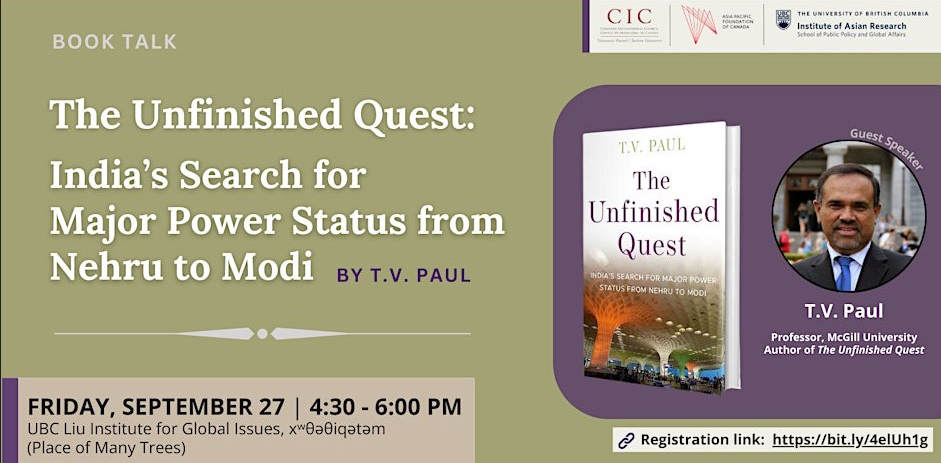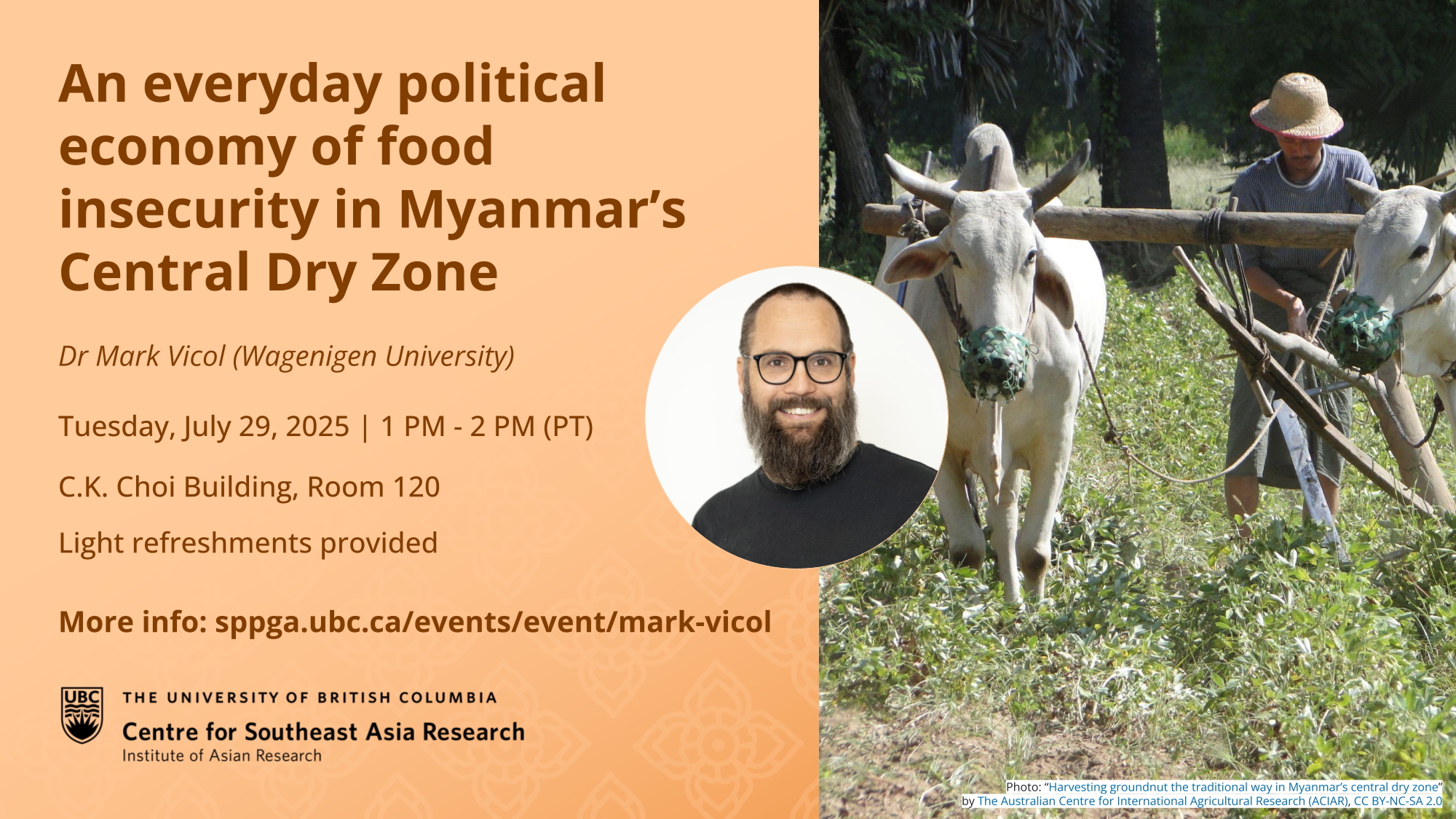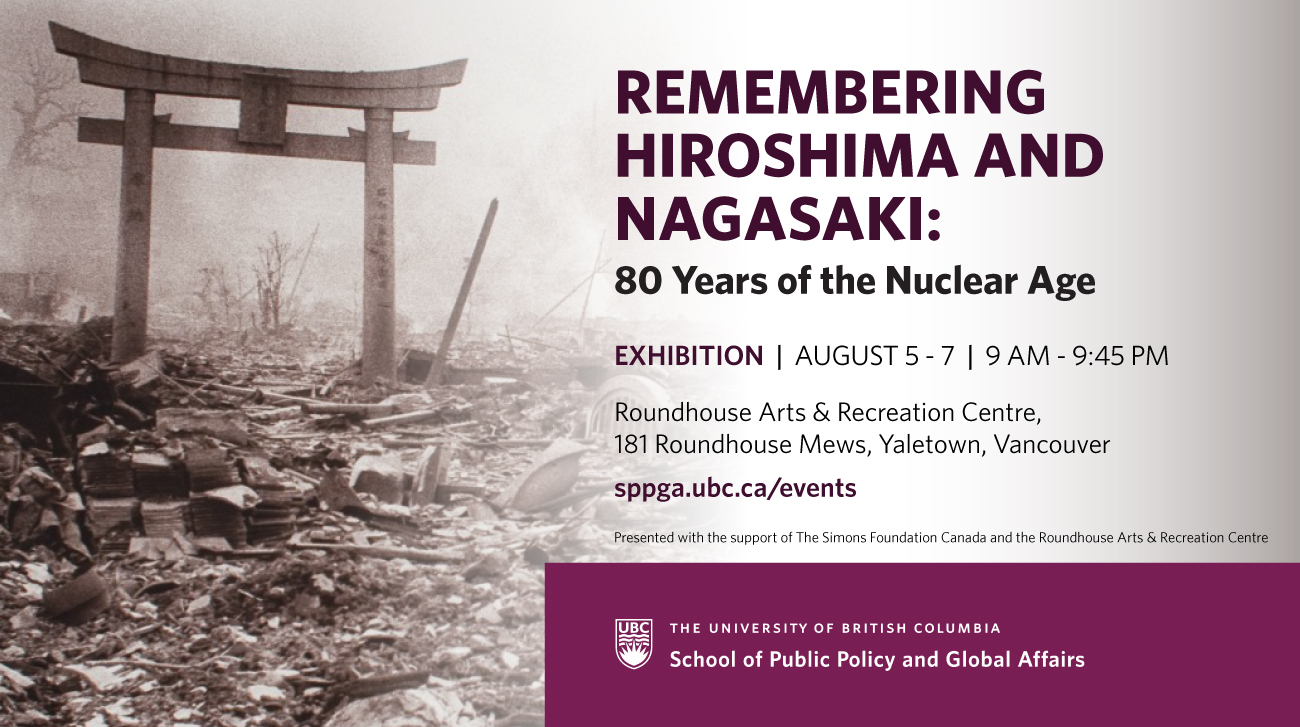

While India, in its 75-year existence as an independent state, has achieved much in fulfilling the dreams of Nehru and his successors to obtain major power status, why is this quest still unfinished? Indeed, along with the meteoric rise of China, there has been much interest in this question and in the emergence of India, as a rising power. The rapidly developing US-China rivalry has also given India an added importance in world politics with many viewing the country as a significant swing power that can help balance China’s potentially aggressive rise in the Indo-Pacific region. Certainly, India’s current leadership, under Narendra Modi, and the general public, believe that the country is destined to be a global power.
In his talk, Professor T.V. Paul will discuss the rise of India and what are the external and internal constraints in the pursuit of major power status that India must contend with. As Professor Paul will argue, the development of an inclusive, tolerant democracy that can utilize its most priced asset, the demographic dividend, will be essential for India to gain greater international status and influence in the 21st century.
Our speaker, T.V. Paul is Distinguished James McGill Professor in the Department of Political Science at McGill University and a Fellow of the Royal Society of Canada. He also served as the President of the International Studies Association for 2016-17 and is the Founding Director of the Global Research Network on Peaceful Change. In addition, Paul is the author or editor of 24 books and over 80 scholarly articles/book chapters in the fields of International Relations, International Security, and South Asia. He has also authored many books including ‘The Unfinished Quest: India’s Search for Major Power Status from Nehru to Modi’, ‘Restraining Great Powers: Soft Balancing from Empires to the Global Era’, and ‘The Warrior State: Pakistan in the Contemporary World’. Paul currently serves as the editor of the Georgetown University Press book series: South Asia in World Affairs.
Presented by the Canadian International Council (CIC) and the Asia-Pacific Foundation of Canada (APFC), in partnership with the UBC Centre for Japanese Research (CJR), Konwakai Chair, Centre for Chinese Research (CCR), Centre for India and South Asia Research (CISAR) and Institute of Asian Research (IAR).

